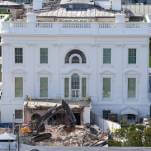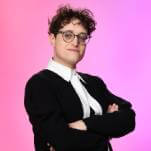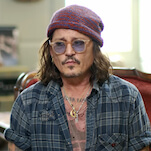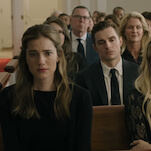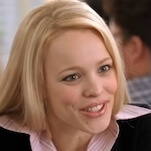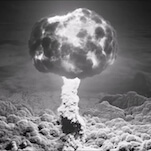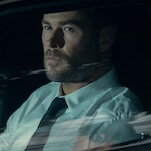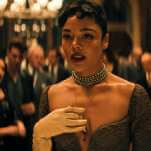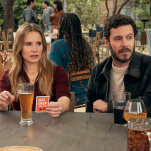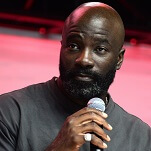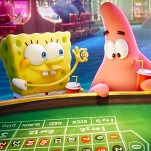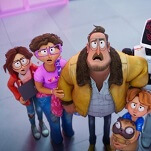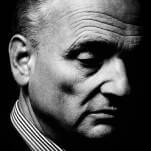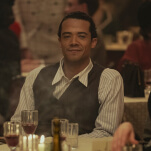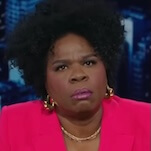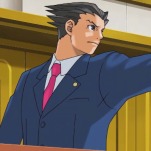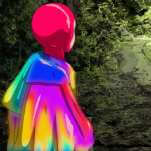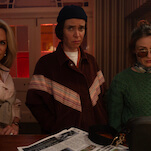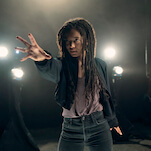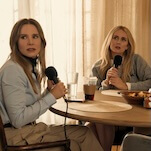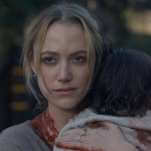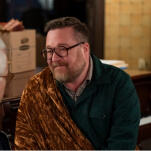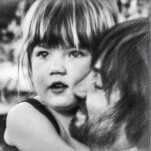Scooby Doo

Since making the transition from editing to directing, Raja Gosnell has been saddled with the sort of moronic high-concept projects most directors wouldn't wish upon their worst enemies. Gosnell hasn't offered much evidence that he deserves better, but it's easy to feel sorry for a man burdened by such Sisyphean tasks as directing a Macaulay Culkin-free Home Alone movie and passing off Martin Lawrence as a portly grandma. With Home Alone 3, Never Been Kissed, and Big Momma's House on his résumé, Gosnell occupies a special place in high-concept hell, but his previous work shepherding misbegotten projects seems like a warm-up for Scooby Doo. A work of Battlefield Earth-level miscalculation, the film opens with America's favorite gang of poorly animated, mystery-solving van enthusiasts solving yet another mystery, then breaking up in a flurry of clashing egos and interpersonal conflicts. Two years later, they unwittingly reunite when they're invited to Rowan Atkinson's spooky amusement park to uncover why ordinary spring-break students are turning into Stepford co-eds prone to speaking in an embarrassing approximation of contemporary teen slang. Scripted by Troma veteran James Gunn, Scooby Doo exhausts all the obvious gags early on, ladling out heavy-handed references to Shaggy and Scooby's stoner lifestyle, the TV show's tried-and-true formula, and the retro gang's eccentric sartorial choices. Beyond those comedic chestnuts, Scooby Doo has virtually nothing to offer but weak doses of Gen-X nostalgia. In lieu of developing its own personality, the film borrows attitudes and tropes from other, superior television adaptations, suggesting at times the high-voltage camp of Charlie's Angels, the Gen-Y satire of Josie And The Pussycats, and the anachronistic culture clash of The Brady Bunch Movie. Nothing sticks, however, and the film soon begins to feel like an adaptation of its own theme-park ride: all empty spectacle, flashing lights, and loud noises. The strangely joyless Scooby Doo feels less like a film than a weak Saturday Night Live parody blown up to summer-blockbuster proportions. As the mystery-solving team's resident dreamboats, go-go-boots-sporting Sarah Michelle Gellar and ascot-loving Freddie Prinze Jr. are costumes in search of characters, while Linda Cardellini (as egghead Velma) and Matthew Lillard (as Shaggy) are even less animated than their television counterparts. By default, a horrifically computer-animated Scooby Doo emerges as the film's most likable character, but like such CGI abominations as Jack Frost's snowman and Lost In Space's hyperactive space-monkey, he's more disturbing than lovable. Nostalgia is a potent force, but Scooby Doo reveals its limitations rather than its strengths.
